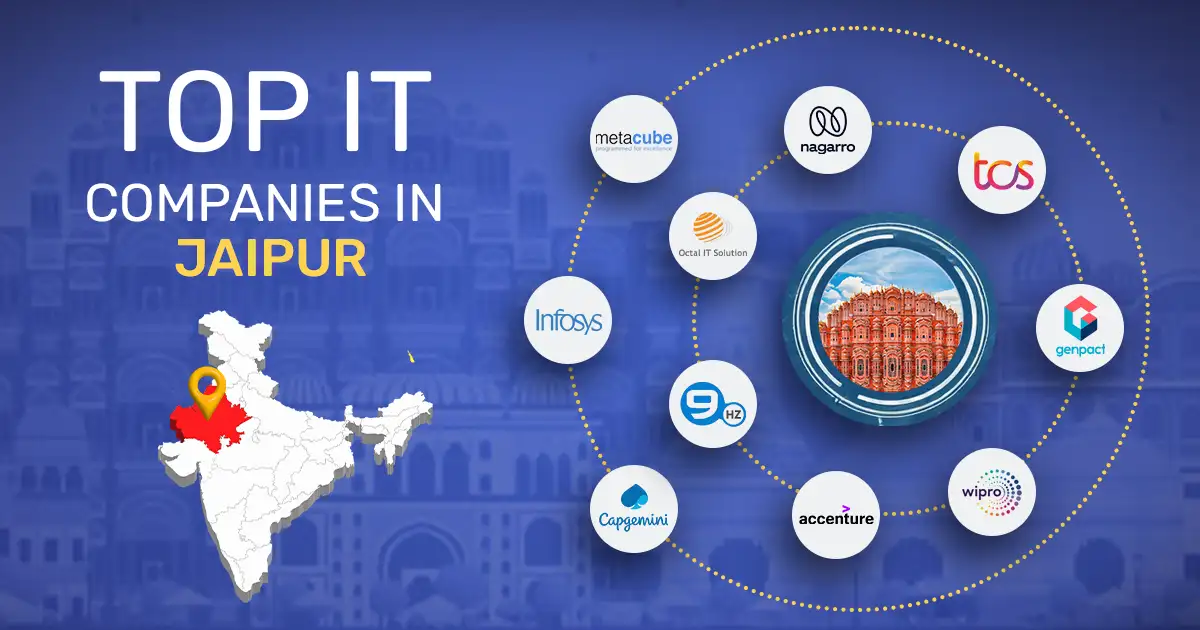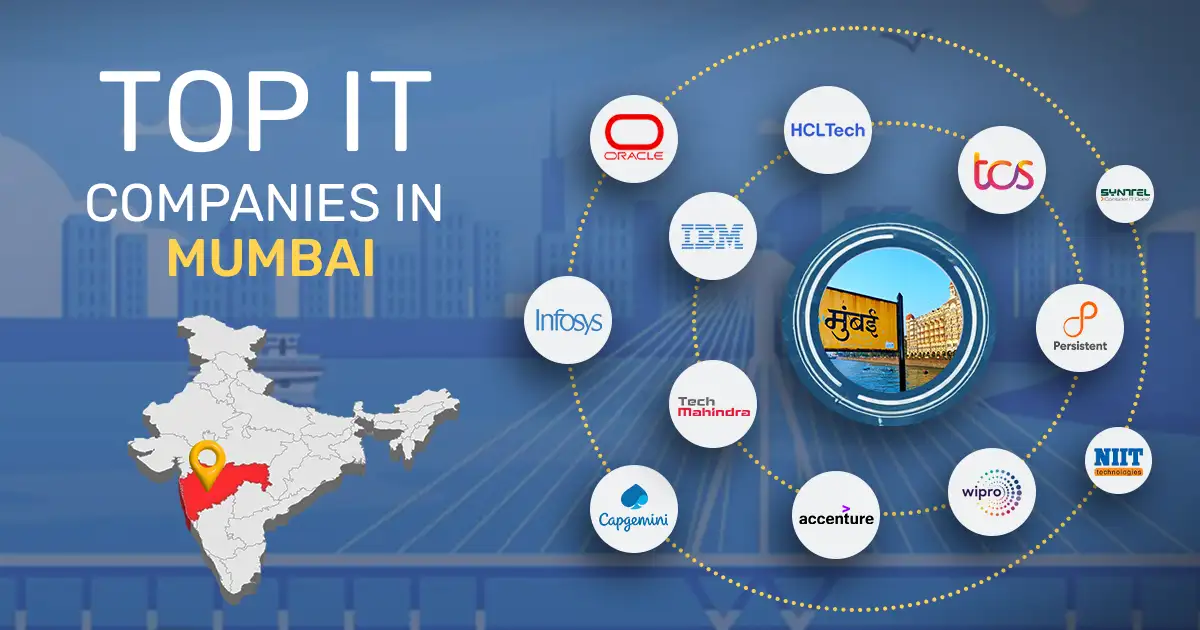
How to Choose a Company Name for Your Private Limited (Pvt Ltd) Company in India
Your company name is the first impression you make, and a crucial legal entity. Getting this fundamental element right for your Private Limited Company (Pvt Ltd) is not merely an administrative task.
It holds severe importance for success in India’s hyper-competitive market. A well-chosen name resonates with your audience, simplifies marketing, and provides long-term legal security. Conversely, a poorly chosen name can lead to legal frustrations, brand confusion, and even costly rebranding efforts down the line.
This comprehensive guide walks you through every aspect of naming your Pvt Ltd company in India.
Importance of Company Name Selection
Choosing the right company name is a key strategic decision. It shapes how customers see your brand, affects legal compliance, and influences long-term growth.
Here is why it carries a lot of weight:
1. Brand Identity and Legal Recognition
Your company name immediately communicates your brand’s personality, values, and essence. A distinctive and memorable name helps you stand out in a crowded market.
Consider how a name like “Patanjali” evokes tradition and natural products, while “Zomato” suggests speed and food delivery.
2. Market Positioning
A carefully chosen name helps position your company within its niche. A generic name might blend into the background, while a specific, well-crafted name helps you distinguish your offerings from competitors.
For instance, a name like “EcoCycle Solutions” immediately signals its focus on environmental services, differentiating it from a generic “Waste Management Company.”
3. Customer Recall and Marketing Efficiency
Memorable and easy-to-pronounce names enhance customer recall. When customers effortlessly remember your name, they spread word-of-mouth recommendations more easily.
This reduces your marketing spend in the long run as your brand organically gains recognition. A complicated or confusing name, however, forces you to spend more on advertising just to ensure basic recognition.
4. Legal and Compliance Safeguards
Companies must ensure their chosen name does not infringe upon existing trademarks or company names. Adhering to legal guidelines from the outset prevents costly legal battles, forced rebranding, and loss of goodwill.
Legal Requirements for Naming Your Pvt Ltd Company
The Ministry of Corporate Affairs (MCA) in India governs company naming through the Companies Act, 2013, and its associated rules, primarily the Companies (Incorporation) Rules, 2014 (specifically Rule 8, as amended).
Founders must strictly adhere to these regulations:
Companies Act, 2013 Provisions:
1. Section 4(2): This section prohibits names identical to or too closely resembling existing company names or Limited Liability Partnerships (LLPs).
How similarity is judged: MCA scrutinizes names based on phonetic similarity (how they sound), visual similarity (how they look), and conceptual similarity (what they imply).
Even minor differences in spelling or the addition of generic terms like “solutions,” “tech,” or “global” may not suffice to make a name unique if its core component strongly resembles an existing one.
For example, “Skyline Innovations Pvt Ltd” might be rejected if “Skyline Innovate Solutions Pvt Ltd” already exists.
2. Section 4(3): This section empowers the Registrar of Companies (RoC) to reject names that seem “undesirable.” Rule 8 of the Companies (Incorporation) Rules, 2014, elaborates on what constitutes an undesirable name.
What makes a name “undesirable”?
Names can be undesirable if they are offensive to any section of people, misleading regarding the company’s business activities, or improperly imply government patronage (e.g., using “National,” “Indian,” or “Bharat” without specific Central Government approval). Names that contain prohibited words or expressions also fall under this category.
Ministry of Corporate Affairs (MCA) Guidelines
The MCA provides stringent guidelines to ensure uniqueness and clarity in company names.
1. Trademark Laws: Your company name must not violate existing trademark laws. While the MCA registers company names, this registration *does not* grant trademark protection. A separate process secures trademark rights. If you register a company name that later proves to infringe on another’s trademark, the trademark owner can enforce their rights, potentially forcing you to change your established company name – a costly and damaging exercise.
2. Prior Approval for Certain Words: Specific words or expressions require prior approval from the Central Government or other regulatory bodies before inclusion in a company name. These words typically suggest a specific, highly regulated business or a large-scale national presence.
Examples include: Bank, Banking, Insurance, Mutual Fund, Stock Exchange, Venture Capital, Asset Management, Nidhi, Chit Fund.
These require approval from sectoral regulators like the Reserve Bank of India (RBI), Securities and Exchange Board of India (SEBI), or Insurance Regulatory and Development Authority of India (IRDAI).
Rule 8A of the Companies (Incorporation) Rules, 2014 (and subsequent amendments), provides a comprehensive list of such words.
Pvt Ltd Name Guidelines and Restrictions
Beyond statutory provisions, the MCA’s operational guidelines impose further restrictions to ensure names are unique, non-misleading, and free from undesirable connotations.
1. Prohibited Words and Expressions
Avoid names perceived as generic, offensive, or those implying unjustified scale or government association.
The list of prohibited words is extensive and includes:
- Any word or expression offensive to any group of people.
- Words implying a business activity not genuinely carried out (e.g., “International” or “Global” if the company lacks international operations).
- Using names of countries, states, or cities (e.g., “India,” “Maharashtra,” “Mumbai”) unless the company genuinely reflects operations on that scale and obtains specific approval.
- Names of gods, religious figures, or deities if used in a way that generates controversy or is deemed offensive.
- Common, too descriptive, or generic words that lack distinctiveness (e.g., “Software Solutions Pvt Ltd” might be too broad if not combined with a unique prefix).
- Names containing offensive, abusive, or vulgar language.
- Names that are an exact translation of a registered name already in use.
2. Use of Resembling or Identical Names
The MCA applies strict rules against names phonetically similar or visually indistinguishable from existing companies or LLPs. Even slight variations in spelling, such as “Skyline” versus “Skylin,” or adding common words like “India,” “New,” “Digital,” or “Infra” to an existing name, often result in rejection.
The system checks against a vast database, including even minor variations that may confuse.
3. Trademark Considerations
It is crucial to understand that registering your company name with the MCA does not grant you trademark protection. Trademark registration is a separate legal right secured through the Intellectual Property India (IP India) office. A company name simply reserves your legal entity name.
Your brand name or logo (which can be the same as your company name or different) requires separate trademark registration.
4. Proactive Trademark Search
Before finalizing a name, conduct a thorough trademark search on the IP India public search portal across all relevant classes (e.g., Class 9 for software, Class 35 for business services, Class 42 for IT services, etc.).
Opt for a name that you can also trademark. This dual protection ensures your brand identity is legally secure, preventing others from using a similar name for similar goods or services, and safeguarding your long-term market presence.
Steps for Effective Company Name Selection
Follow these steps to increase your chances of securing a suitable and legally compliant name.

1. Define Your Brand Identity
Start by understanding your company’s core values, mission, vision, target audience, and industry. Consider the tone and personality you wish to convey: innovative, reliable, quirky, professional, approachable?
Think about your long-term vision. Will the name still fit if you diversify your products or services, or expand into new markets? A name like “SocksOnly Pvt Ltd” might limit you if you later decide to sell other apparel.
2. Brainstorm Potential Names
Engage in a free-flowing brainstorming session. Involve your team, friends, or mentors.
Here is an example of how to start with it:
- Mind Mapping: Start with keywords related to your business, then branch out.
- Thesaurus/Dictionary: Explore synonyms for words related to your industry or values.
- Combine Words: Merge two relevant words (e.g., “Fin” + “Tech” = “FinTech”).
- Coined Names: Create entirely new, unique words (e.g., “Google,” “Xerox”).
- Metaphors/Imagery: Use words that evoke a certain feeling or image.
- Aim for names that are short, easy to pronounce, spell, and remember.
- Collect a list of at least 10-15 strong contenders.
3. Check Name Availability
Here is how to check your company name availability:
1. MCA Portal Search: Type in your proposed names and explore similar existing company names. You should look for both active and defunct companies.
2. Trademark Registry Search (IP India): Visit the IP India public search portal (ipindia.gov.in) and conduct a thorough search for your proposed names across all relevant trademark classes. Check for both wordmarks and device marks that might phonetically or conceptually resemble your name.
3. Domain Availability & Social Media Handles: Securing an identical or similar domain name (.com, .in) and social media handles (Facebook, Instagram, Twitter, LinkedIn, etc.) is critical for consistent branding. Check these simultaneously. If your name is already taken digitally, you may need a different approach.
4. Ensure Legal Compliance
Here are the points to ensure legal compliance:
- Review your narrowed-down list against the MCA’s comprehensive naming guidelines and restrictions (Rule 8, 8A, etc.).
- Eliminate any names that are likely to be deemed undesirable, misleading, or require special approvals you cannot obtain.
- Verify that your name does not include any prohibited words or expressions.
5. Secure Name Approval
How to check name approval for your private limited company:
1. RUN Service: If you wish to reserve a name before proceeding with full incorporation, use the MCA’s RUN service. You can propose up to two names (in order of preference) and avail of one resubmission if both are rejected. The MCA scrutinizes these names.
There is typically a nominal fee for this service. A successful reservation grants you a window (usually 20 days for new companies, 60 days for a name change) to complete the incorporation process.
2. SPICe+ Form (Part A): Most entrepreneurs directly apply for name reservation as part of the simplified incorporation process using the SPICe+ (Simplified Proforma for Incorporating Company Electronically Plus) form.
Part A of the SPICe+ form allows you to propose one name for reservation along with the incorporation application. This streamlines the process, as you file one comprehensive form for both name reservation and incorporation.
Common Mistakes to Avoid During Name Selection
Many entrepreneurs make avoidable errors during the naming process. Steering clear of these pitfalls saves you time, money, and potential legal headaches.
1. Ignoring Legal Restrictions: A frequent mistake involves overlooking specific rules about undesirable names, identical names, or words requiring prior approval. It leads to immediate rejection of your name application, forcing you to restart the process, wasting valuable time and application fees.
2. Overcomplicating the Name: Choosing names that are difficult to spell, pronounce, or remember. Using excessive acronyms or obscure references. It becomes hard for customers to recall and share, limits word-of-mouth marketing, and makes your brand less accessible.
3. Overlooking Trademark Issues: Failing to conduct a comprehensive trademark search before applying for company registration. It leads to a high risk of legal disputes with existing trademark holders, potentially forcing a costly and damaging rebranding after your business has already launched and established itself. You might also lose your entire brand identity.
4. Choosing a Limiting Name: Selecting a name that is too narrow or ties you strictly to a specific product, service, or geographic region. It restricts your company’s future growth, diversification, or expansion into new markets, making the business name obsolete.
5. Not Checking Domain & Social Media Availability: Focusing only on MCA registration without checking for web or social media presence. It leads to inconsistent online branding, difficulty securing a desired web presence, and missed digital marketing opportunities.
6. Being Too Similar to Competitors: Intentionally or unintentionally choosing a name too closely resembling a competitor’s. It confuses customers, dilutes your brand, and can lead to legal issues.
7. Rushing the Process: Making a hasty decision without adequate research and deliberation. It leads to suboptimal name choices that you regret later, potentially necessitating expensive rebranding efforts.
Final Thoughts
Naming your Private Limited Company in India requires more than just a creative spark; it demands meticulous research, adherence to strict legal frameworks, and a strategic vision for your brand. By understanding the importance of your company’s name, navigating the legal requirements from the Companies Act, 2013, and the MCA, and diligently checking for name and trademark availability, you set your business on a robust foundation.
Approach this crucial step with attention to detail, and your chosen name will not only secure your legal entity but also actively contribute to your brand’s identity, market positioning, and long-term success. A well-selected name is truly an invaluable asset. Connect with our experts to help you choose a name that closely aligns with your brand.
Frequently Asked Questions
If both names submitted through the RUN service are rejected, you cannot resubmit on the same application. You must file a new RUN application with the new proposed names and pay the fee again. This emphasizes the importance of thorough initial research.




